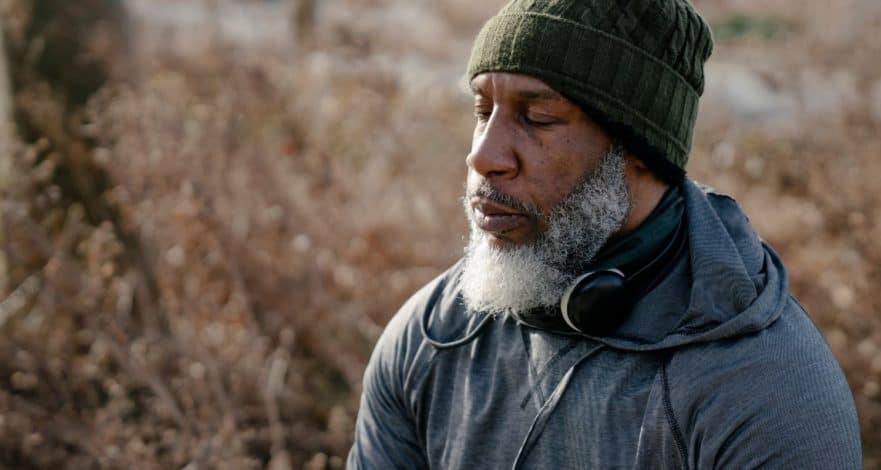Are males more likely to have their hearing damaged by noise? A new study finds that men are more likely than women to lose their hearing because of noise.
From August to October 2018, the study examined 1,140 men and 1,140 women exposed to noise at a shipyard in eastern China. About 7.2% of the study’s workers had low-frequency hearing loss (LFHL), and 24% had high-frequency hearing loss (HFHL).
When people were 30 to 40 years old and exposed to 80 to 95 dB of noise over time, the differences between men and women were constant and clear. For similar noise exposure and ages, the rates of low-frequency and high-frequency hearing loss in men were much higher than in women. Even after considering age, cumulative noise exposure (CNE), and other factors, the rate of high-frequency hearing loss was 34.4% in men and 13.8% in women.
In the study, the noise levels of each person were measured to figure out the cumulative noise exposure (CNE), and a trained technician did an audiometric test in a soundproof booth. The differences between men and women in low-frequency and high-frequency hearing loss and the things that affect them were examined.
Why men are more at risk of noise-induced hearing loss
The study’s authors think that men and women react to noise damage differently. But attention also has to be paid to the tendency of men to pursue risk-taking hobbies, such as recreational shooting, water sports and motorcycling. . Let’s look at a few of these and how they could damage your hearing.
Recreational shooting
A 2021 Pew survey found that only 22 percent of women were gun owners, compared with 39 percent of men.
A shot from a pistol or rifle is well over 130 decibels (dB), which is loud enough to hurt your hearing immediately if you don’t have hearing protection. Hearing damage from the shooting often causes tinnitus or ringing in the ears and makes it hard to hear high-pitched sounds.
Before you shoot a gun while hunting, ensure you have good ear protection. Be aware that the ear closest to your gun is the most at risk. Ear protection is critical in shooting ranges where loud noises hurt your ears more often.
Motorized water sports
A weekend at the beach can be the most relaxing thing you can do, but if you’re on a jet ski or in a motorboat, your ears will be working hard. Marine engines can be hard on your hearing, especially when you have to turn or speed up and the engine noise stays on all the time. Jet ski engines don’t always get quieter when they’re in the water, especially when they’re going over waves and making more noise.
Always keep your hearing in mind if you like high-speed water sports. When you wear proper ear protection, loud engines don’t hurt your hearing much. Knowing where the danger level starts is an excellent way to judge how loud something is. If a worker is exposed to 85 dB of noise for a long time, about as loud as a blender or garbage disposal, OSHA requires them to wear ear protection. If your hobbies are as loud or louder than these machines, you’ll need ear protection to keep your hearing from getting hurt.
Motorcycling
Concerns about motorcycle engines are similar to car engines, and riding with a group makes the noise even worse, like riding a jet ski; riding a motorcycle exposes you to a lot of wind and engine noise that could be dangerous. When the wind is blowing at 70mph, the noise level is usually around 100dB, which is too loud to be around for more than an hour.
If you like to ride, you should buy custom-fitted earplugs to protect your hearing because cup-style ear protectors won’t fit under a helmet. Custom earplugs are made to fit your ear canal perfectly to block out the most noise.
Are you a man who is at risk of noise-induced hearing loss? Contact us to set up an appointment. Come and see us for more tips on protecting your hearing. If you think you may already have hearing loss, we can help there too.


